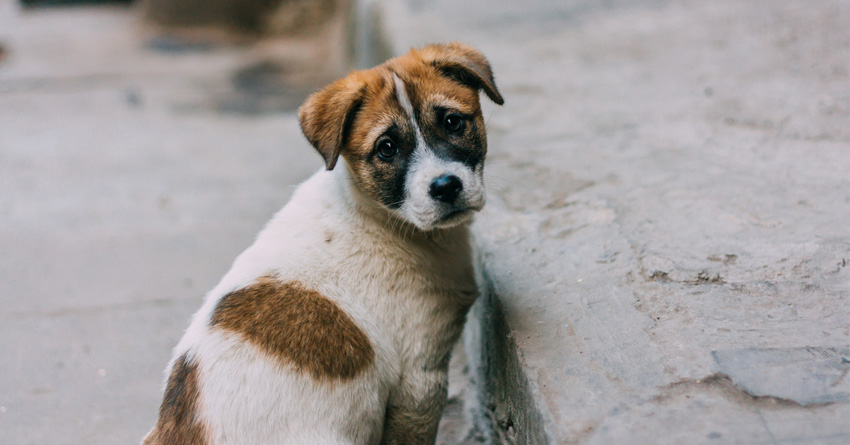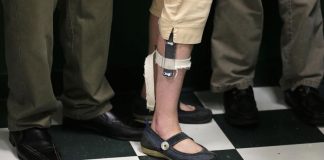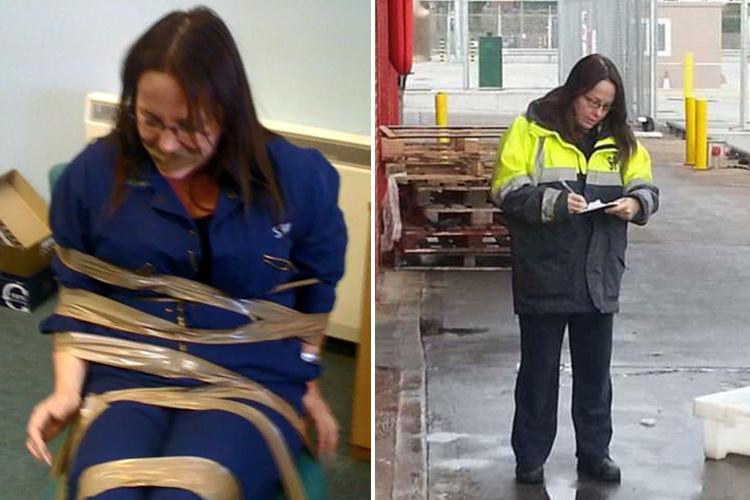
Dog owners warned over second deadly disease ‘parvovirus’ – how to protect your pet.
Forget Alabama Rot – because there’s a new deadly dog disease which could kill your beloved pooch.
Parvovirus is a highly contagious disease that can prove fatal.
The disease attacks a dog’s cells in their intestine stopping them from being able to absorb vital nutrients. The dog becomes dehydrated and weak.
According to Blue Cross, many dogs who are diagnosed with it die.
A case has been reported in Walsall, with others in Loughborough, Staffordshire, Uttoxeter and Kidderminster.
Symptoms of parvo include foul-smelling diarrhoea with blood in it, vomiting, loss of appetite, collapse, depression, fever and sudden death.
Young puppies and unvaccinated dogs, including those who have not had their booster injections, are most at risk from becoming victims.
Parvovirus is also known as CPV.
Is my dog at risk?
Puppies are at risk, as are dogs that have not been vaccinated. You need to also make sure your pet has had a booster injection, or they are at risk too.
Blue Cross said: “Puppies go downhill very quickly because the symptoms caused by parvovirus make them very weak, and mean their immune systems have to work very hard to fight the disease. Puppies, between six weeks and six-months-old, are also more susceptible to secondary infections, or they may die from dehydration.”
What symptoms am I looking for?
Symptoms can be mistaken for other diseases but you are looking for:
Foul-smelling diarrhoea with blood
Vomiting
Loss of Appetite
Collapsing
Depression
Fever
It can take seven days for signs to show once they’ve caught the disease.
Where has it been reported? Have there been any deaths?
The parvovirus has been reported in Cumbria, Lancashire, Lincolnshire, Yorkshire and Northumbria in the last few weeks – and there are fears it is spreading.
There were two cases reported in Huddersfield in a week earlier this month, reports the Mirror.
A family has spoken about how their dog died from the disease – along with two of its siblings.
They issues a warning here .
Is parvovirus contagious?
Yes it is. It’s actually highly contagious and spreads fast between dogs.
It an spread through bodily fluids, including stools and vomit. They can catch it just from sniffing another dog or another dog’s faeces.
Blue Cross says humans cannot catch it from their dogs.
It said: “If your dog has come into contact with bedding, food and water bowls, carpet, or a kennel that a dog with parvovirus has touched, they can catch the virus. It can also be spread on shoes, clothing and human hands.
“Humans cannot get parvovirus from their dogs, however they can pass parvo from one dog to another on their clothes, shoes or hands.
“Humans can contract a human version of parvovirus, but this is a different strain from the one that affects dogs. Humans cannot pass the human type of parvovirus to a dog either.”
How do I protect my dog? How to get a vaccine?
Get them vaccinated. Puppies can get vaccinated from six weeks. The first can be between six to eight weeks, then another two weeks after that.
They’ll need a booster vaccine regularly, your vet can advise you on this.
Blue Cross said: “Vaccination for parvovirus is routine and is one of the three main diseases that dogs are normally vaccinated against. Your dog should be given a vaccination card with the date of the jab and the date the next shot is due. This will be signed by your vet or registered veterinary nurse (RVN).
“Boosters are important for dogs to keep up to date with, but the time between these varies so check with your vet to see how often your dog should be vaccinated.”
Nurse Kelly Terry of Avenue Veterinary Centre in Grantham said: “Whenever you buy puppies make sure they have been vaccinated, some less reputable breeders may not have given them their vaccination, or may have only done the first one.
“Go to a vets immediately if you notice the symptoms – there are some anti-viral medication you can buy, but it doesn’t always work.
“We have to isolate the dog and treat them when they are brought in.”
What treatment is there?
There is no medicine or treatment for the virus sadly. The first 48 hours are critical though.
The treatment offered is designed to support your dog’s immune system and help them become strong enough to fight it off.
Go to your vet if you spot the symptoms – it’s likely they will be sent to hospital and put on a drip.
The main thing is to make sure they aren’t dehydrated.
How long does it last? Will they recover?
The average recovery time is five to seven days. Puppies are often not strong enough to survive the virus, but take them to your vet.













